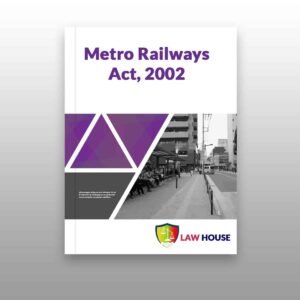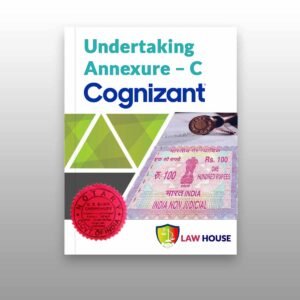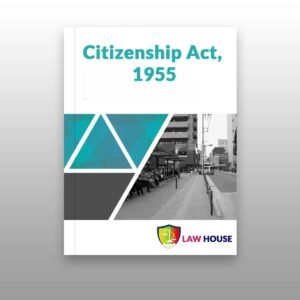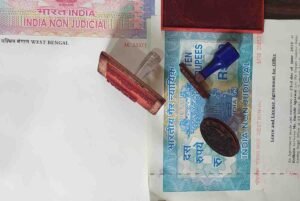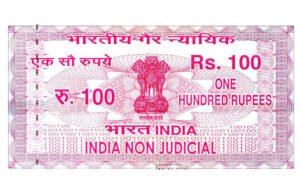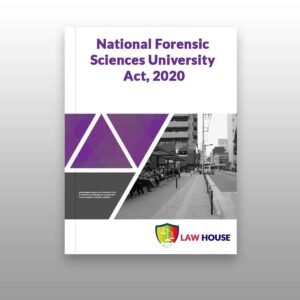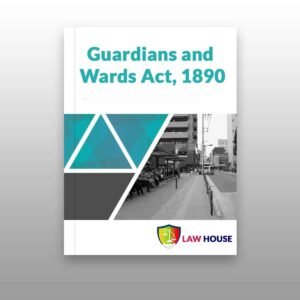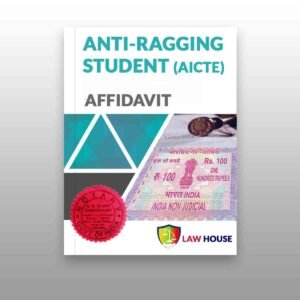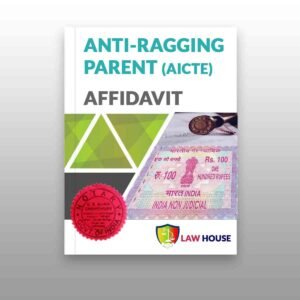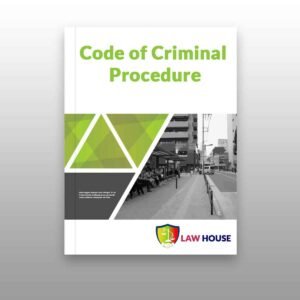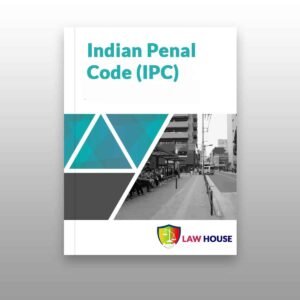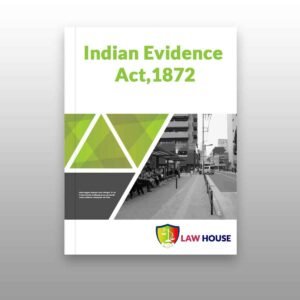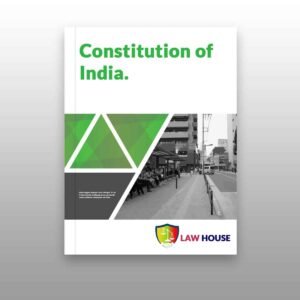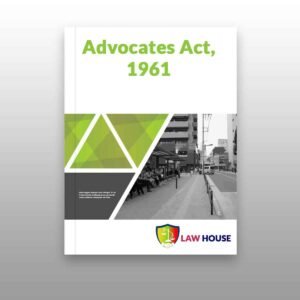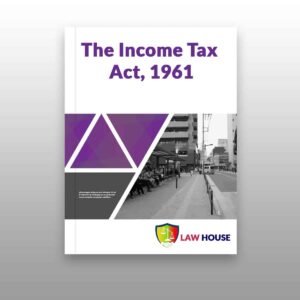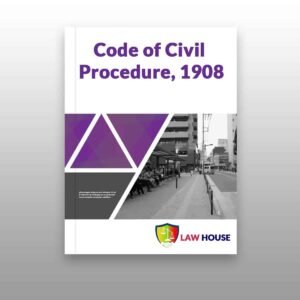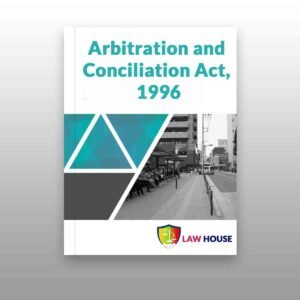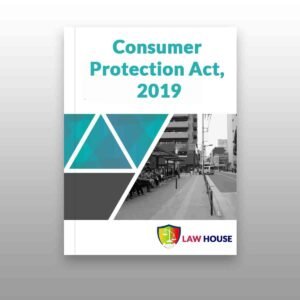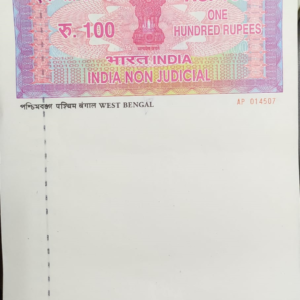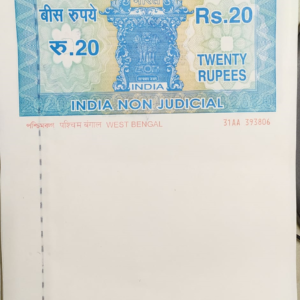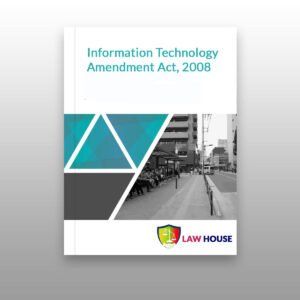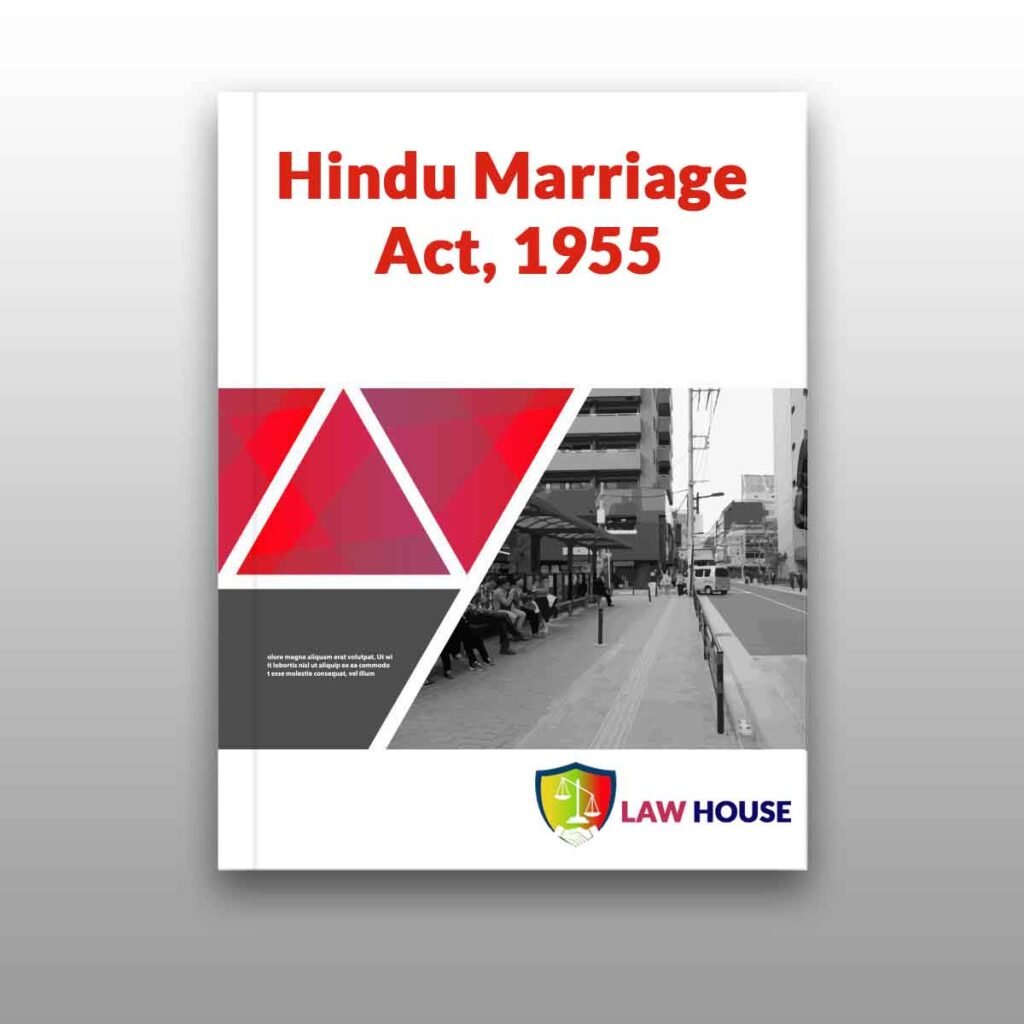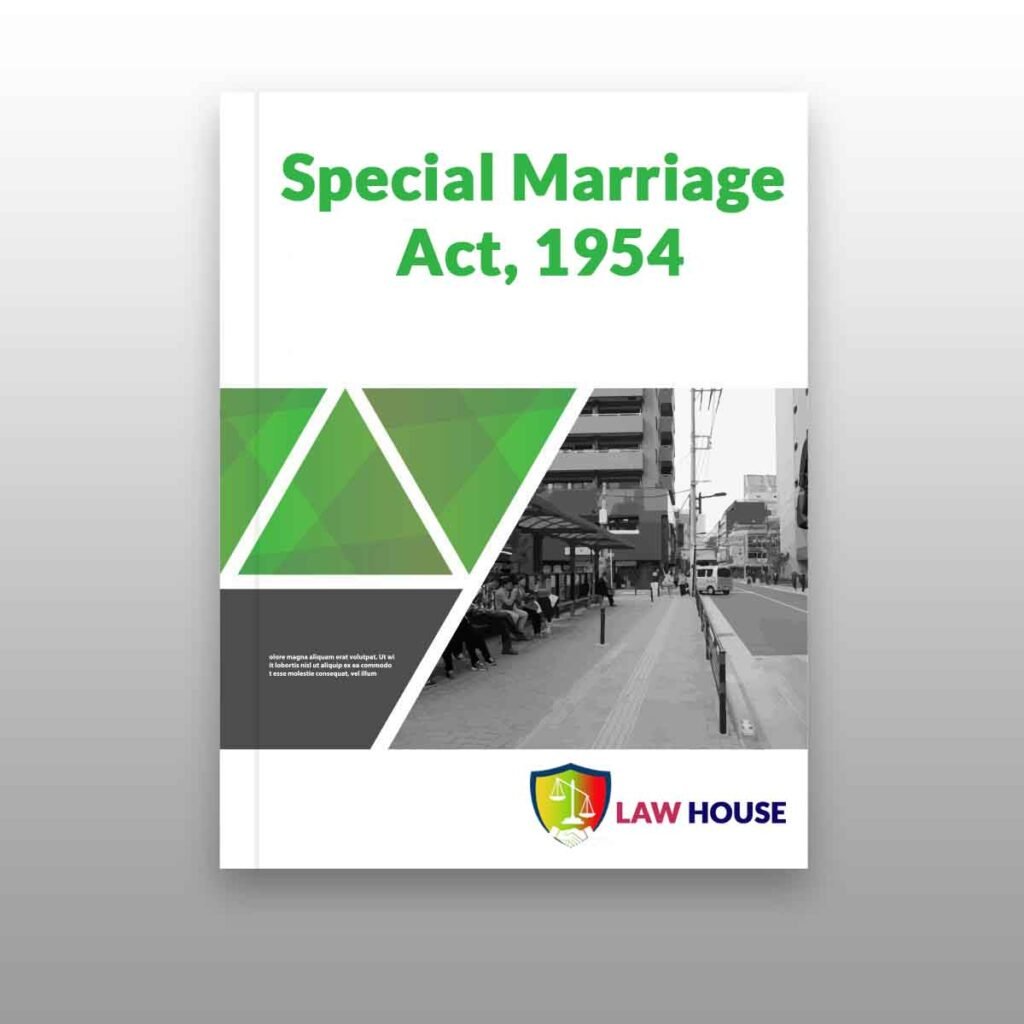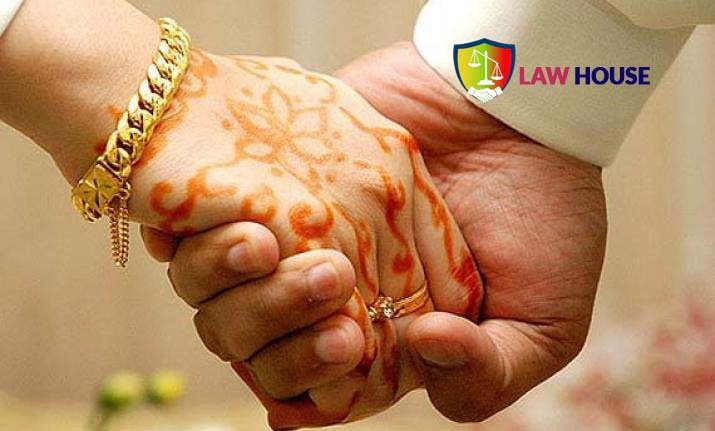Marriage between a Hindu boy and a Muslim girl is governed under the Hindu law, Muslim Law and the Special Marriage Act, 1954. The Personal laws have bearing on issues relating to maintenance, divorce, succession, adoption etc.
Who is Eligible to Get Married Under Muslim Law
In the event of Marriage between a Muslim girl and a Hindu boy under the Muslim law, The Hindu boy will need to convert to Islam for solemnization of the marriage, as the marriage between a Muslim and a non- Muslim is not recognized by Islam. Muslim law contains specific provisions for conversion.
A Muslim marriage requires proposal (Ijab) from one party and acceptance (Qubul) from the other as is required for a contract. Moreover, the consent to marriage must be free of coercion, fraud or undue influence.
Who is Eligible to Get Married Under the Hindu law
Hindu law does not contain any specific provisions for conversion, but the both parties (bride & bridegroom) must be Hindus in order to get married under Hindu Marriage Act.
To ascertain the “religion” of the marriage, the customs and ceremonies performed therein may be considered. A saptapadi (“seven steps”) are crucial for a Hindu marriage.
The Muslim girl could convert to Hinduism and solemnise the marriage according to Hindu rites, which will bring it within the purview of the Hindu Marriage Act.
A marriage between two Hindus may be solemnized under this Act, if at the time of the marriage the following conditions are fulfilled, namely:
- No party should be already married, i.e. neither party should have a spouse living at the time of marriage. Thus, this Act prohibits polygamy.
- At the time of marriage, neither party should be incapable of giving valid consent due to unsoundness of mind. Even if he/she is capable of giving valid consent, should not be suffering from a mental disorder to an extent which makes him/her unfit for marriage and procreation of children. He/she should not be subject to recurring attacks of insanity either.
- The parties should not be underage. The bridegroom should be a minimum of 21 years of age, and the bride should be at least 18 years old.
- The parties should not be sapindas or within the degrees of prohibited relationship, unless any custom governing them allows marriage between such relations.
According to Section 11 of the Act, a marriage can even be declared null and void if either party presents a petition and if any of the following are contravened:
- Either of the parties is already married and has a spouse living at the time of marriage.
- Either party is underage, i.e. groom below 21 years of age and bride below 18 years.
- The parties are sapindas or within the degrees of prohibited relationship.
According to Section 12, a marriage, although valid can later be annulled on any of the following grounds:
- If either party is impotent and therefore unable to consummate the marriage.
- When at the time of marriage, either party is not capable of giving valid consent due to unsoundness of mind. Even if he/she is capable of giving valid consent, has been suffering from mental disorder to an extent which makes him/her unfit for marriage and procreation of children, or is subject to recurring attacks of insanity.
- If the consent was obtained forcefully, or fraudulently.
- If the bride was pregnant by another man other than the groom at the time of marriage.
Section 7 of the Act states that a Hindu marriage can be duly performed in accordance with ceremonies and customs of either the bride or the groom. These ceremonies also include the Saptapadi i.e. taking of seven steps jointly before the sacred fire.
It has been stated that if Saptapadi is included in the rites and ceremonies, then the marriage becomes complete and binding when the seventh step is taken.
Who is Eligible to Get Married under the Special Marriage Act?
The Special Marriage Act does not recognize every marriage; there must be some conditions fulfilled before a marriage is recognized by the Act e.g. the marriage is a civil contract, involving no form of rites or ceremonies, both parties must not be involved in any other existing valid marriage.
Similarly, the parties should not be mentally inc
A marriage between any two persons may be solemnized under this act, if at the time of the marriage the following conditions are fulfilled, namely:
- Neither party has a spouse living:
- Neither party is capable of giving the valid consent to it in consequence of unsoundness of mind; or
- though capable of giving a valid consent, has been suffering from mental disorder of such a kind or to such an extent as to be unfit for marriage and the procreation of children: or
- has been subject to recurrent attacks of insanity
- the male has completed the age of 21 years and female the age of eighteen years;
- The parties are not within the degrees of prohibited relationship:
- Provided that where a custom governing at least one of the parties permits of a marriage between them, such marriage may be solemnized, notwithstanding that they are within the degree of prohibited relationship; and
- Where the marriage is solemnized in the State of Jammu and Kashmir, both parties are the citizen of India domiciled in the territories to which this Act extends.
Related Post:





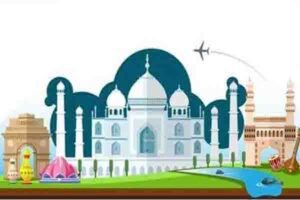








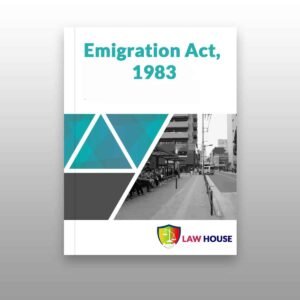
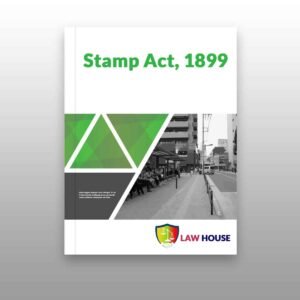


![Honey trap in Cybercrime: A to Z guide Exploring Honey Trap in Cyberspace [With Video]](https://www.lawhousekolkata.com/wp-content/uploads/Post-Images/Honey-Trap-300x169.jpg)



